Agricultural production depends heavily on chemical fertilizers and pesticides, which have been showing many limitations. The abuse of chemicals not only makes the soil infertile and pollutes water sources, but also directly affects the health of farmers and consumers. In this situation, the organic rice production linkage model was born as a sustainable solution.
Grasping this trend, in the summer-autumn crop of 2025, the Provincial Agricultural Extension Center coordinated with Gio Linh Organic Agricultural Cooperative to deploy an organic rice production linkage model on an area of 13 hectares. The model contributes to changing old farming practices, towards a modern and sustainable agriculture.
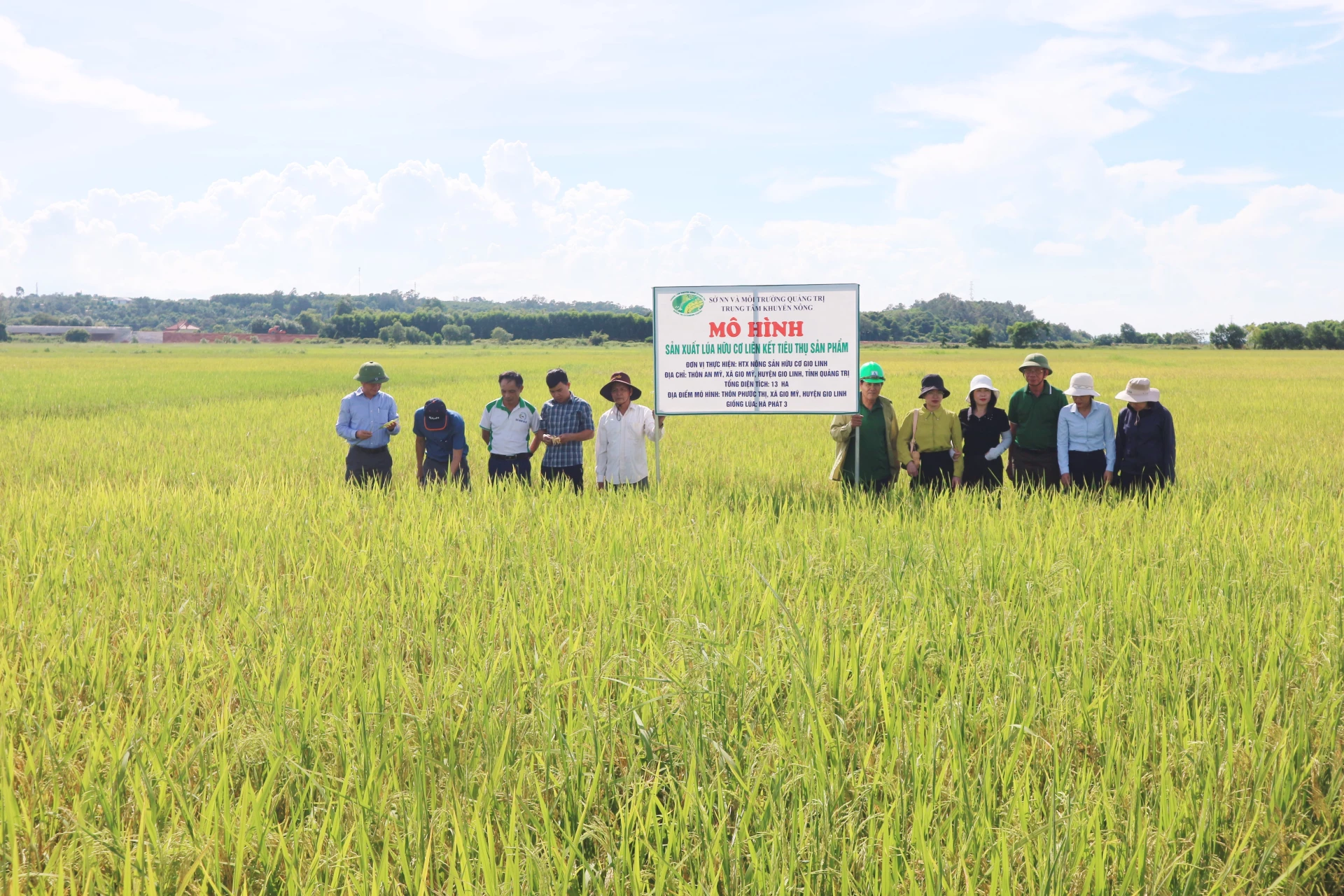 |
| Organic farming helps rice plants grow stronger and more resistant to pests and diseases - Photo: TH |
To produce standard organic rice, the organic rice model in Gio Linh applies an extremely strict production process. Chemical fertilizers are replaced by composted organic microbial fertilizers and natural fish protein to provide a balanced and sustainable source of nutrients for the soil.
Chemical pesticides are replaced by homemade herbs (from garlic, ginger, chili) that repel insects and biological products Trichoderma to combat harmful fungi in the soil. Farmers participating in the model are thoroughly trained in cultivation techniques, seed selection, soil preparation, sowing, care and pest control using organic methods.
Director of Gio Linh Organic Agricultural Cooperative Nguyen Giang said: Although this crop encountered unfavorable weather due to the consecutive impacts of storms No. 1, 5 and 6, the productivity of the model still reached 7 tons/ha, 8 tons/ha higher than the mass field. In particular, the average profit reached about 20.6 million VND/ha, twice as high as conventional farming. The difference of the model is the product consumption linkage. The entire organic rice output is purchased by the Cooperative at a price 20%-30% higher than the market price, thanks to which, farmers can confidently invest, apply new techniques and not worry about being forced to lower prices after harvest. It is this connection that helps farmers no longer worry about the consumption market when rice prices decrease, and the Cooperative has a stable, quality source of raw materials to develop the local organic rice brand.
Not only does it bring economic benefits, the model also helps farmers change their production mindset. Mr. Le Quang Trung, a farmer participating in the model, said: "Although organic rice production is more difficult in weeding and fertilizing, in return, the rice plants are very healthy, strong and have few pests. Especially in this crop, the leaf roller epidemic caused severe damage on a large scale, but my field was only slightly infected. After spraying with herbal solution twice, the pests were completely controlled. By the end of the crop, the clean rice fields were free of dangerous pests such as bacterial yellow leaf disease, brown planthoppers, and spider mites, so the yield was much higher. The happiest thing is that the cooperative comes to the fields to buy fresh rice, and the price is 1,000-1,500 VND/kg higher than the market price. We are very excited and confident in this direction."
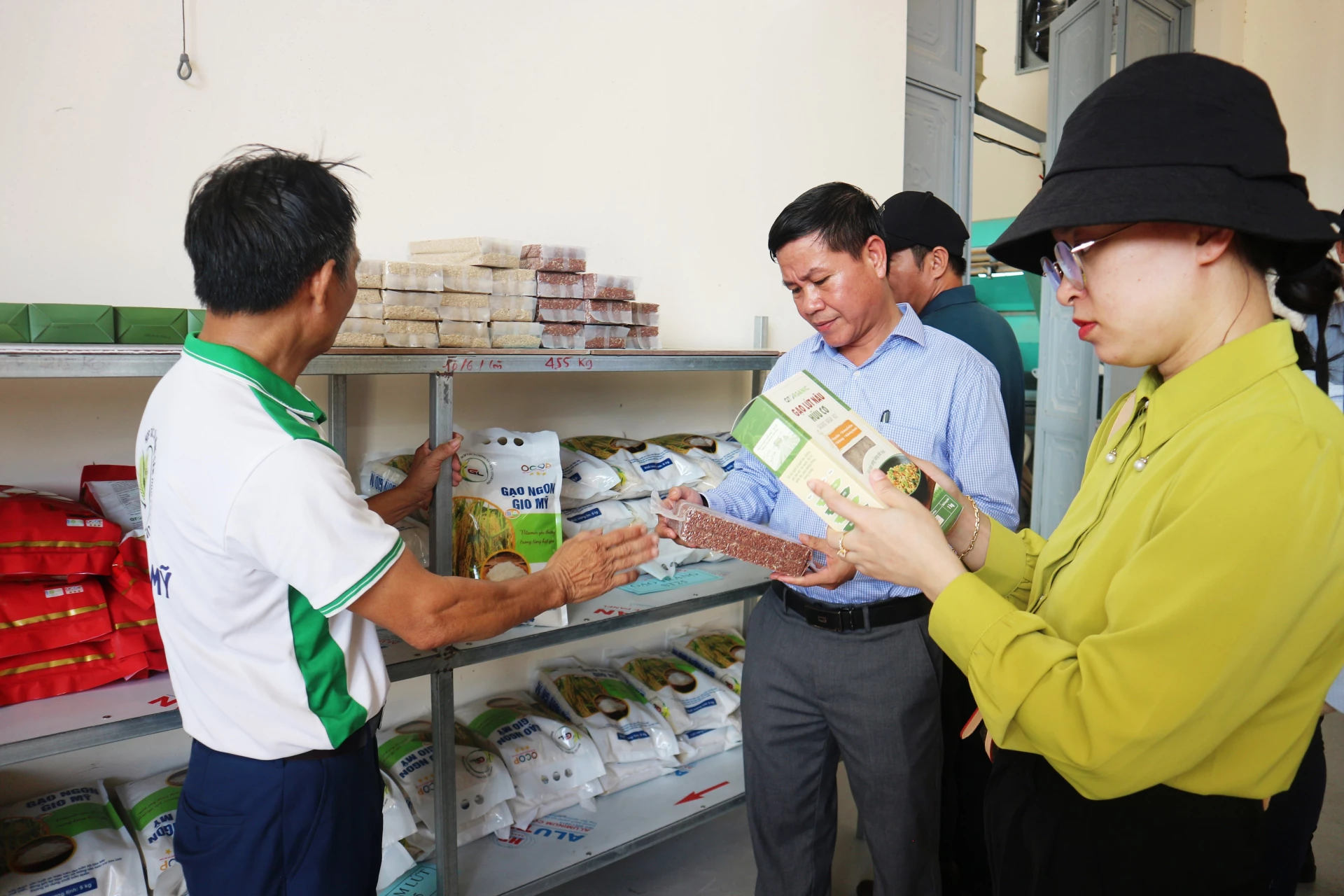 |
| Organic rice has a wide consumer market - Photo: TH |
Deputy Director of Quang Tri Agricultural Extension Center Phan Ngoc Dong commented: “The organic rice production linkage model implemented in recent times stems from the practical needs of producers and businesses. The production process is strictly followed from seeds, sowing, fertilizer, pest management, ensuring safe and quality output products. The problem of increasing the value of rice grains and stabilizing output for farmers has been satisfactorily solved, helping people gradually switch from old farming practices to safer and more sustainable production.
The success of the model in Gio Linh is proof that organic agricultural production is not only a trend but also an inevitable direction for effective and sustainable economic development. At the same time, it actively contributes to environmental protection, soil fertility improvement, greenhouse gas emissions reduction and climate change adaptation. Organic rice is not only an agricultural product, but also the crystallization of a responsible production process, helping to build consumer trust and open up opportunities to access potential domestic and foreign markets.
Thanh Hoa
Source: https://baoquangtri.vn/kinh-te/202509/lien-ket-san-xuat-lua-huu-co-huong-di-hieu-qua-ben-vung-d9e77af/



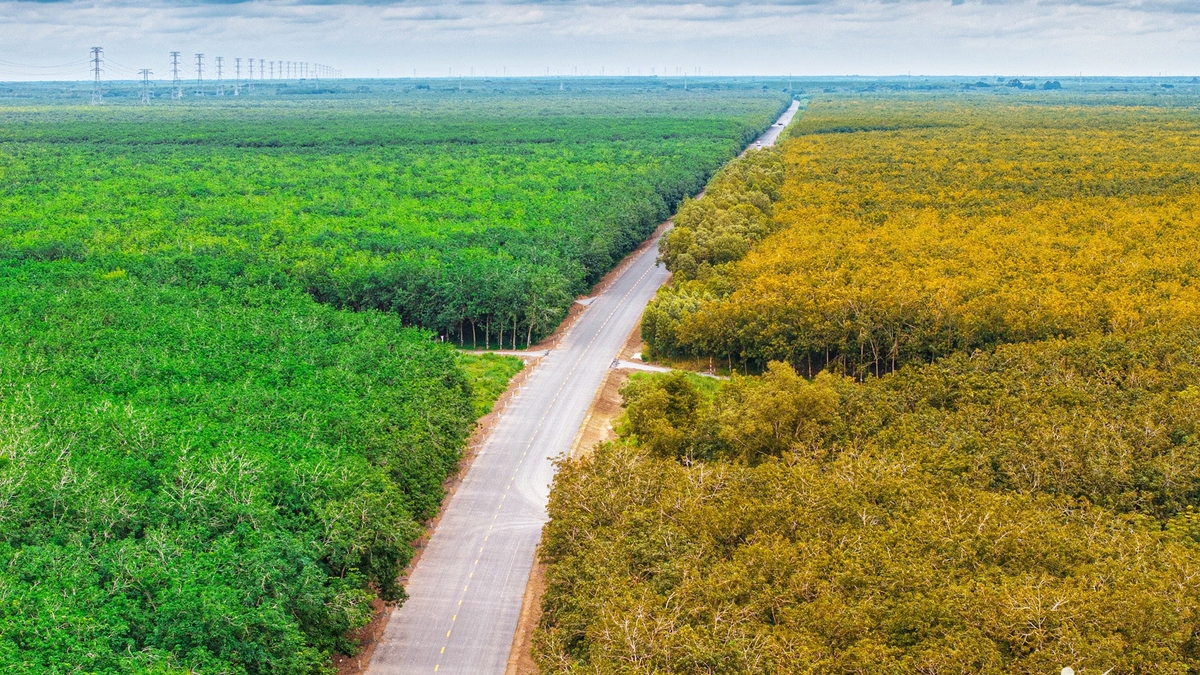

![[Photo] Opening of the 13th Conference of the 13th Party Central Committee](https://vphoto.vietnam.vn/thumb/1200x675/vietnam/resource/IMAGE/2025/10/6/d4b269e6c4b64696af775925cb608560)

![[Photo] Prime Minister Pham Minh Chinh chairs the Government's online conference with localities](https://vphoto.vietnam.vn/thumb/1200x675/vietnam/resource/IMAGE/2025/10/5/264793cfb4404c63a701d235ff43e1bd)
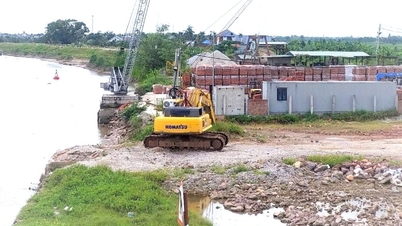

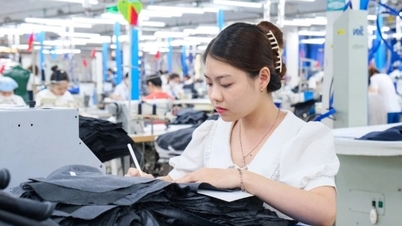

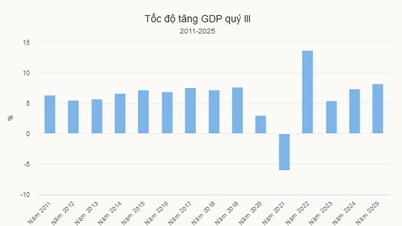
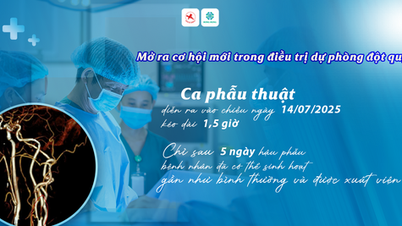

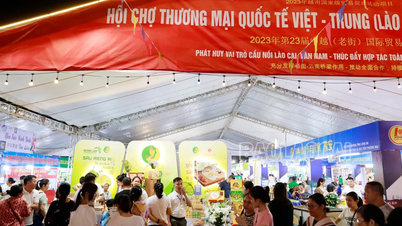

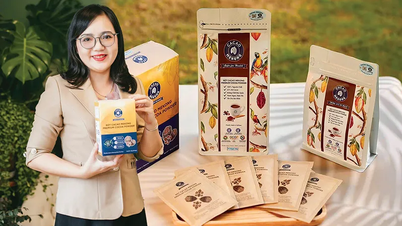





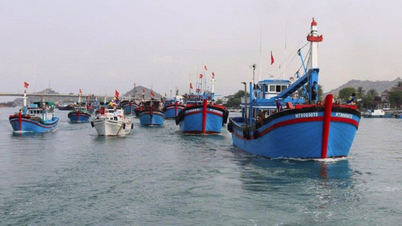
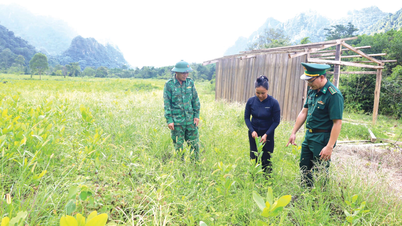
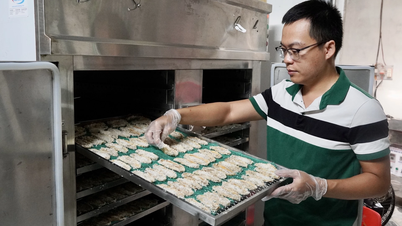

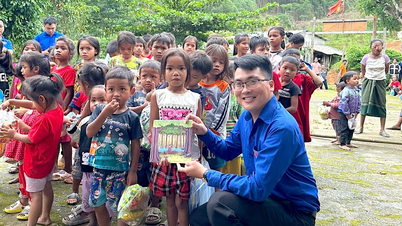

![[Photo] Prime Minister Pham Minh Chinh launched a peak emulation campaign to achieve achievements in celebration of the 14th National Party Congress](https://vphoto.vietnam.vn/thumb/1200x675/vietnam/resource/IMAGE/2025/10/5/8869ec5cdbc740f58fbf2ae73f065076)




























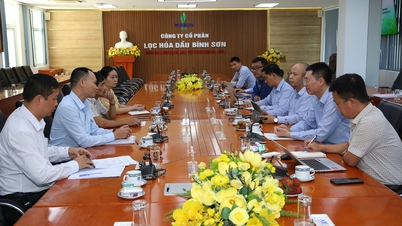

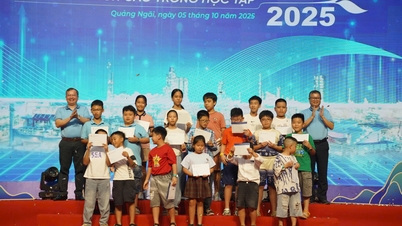



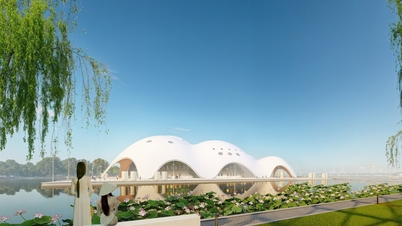



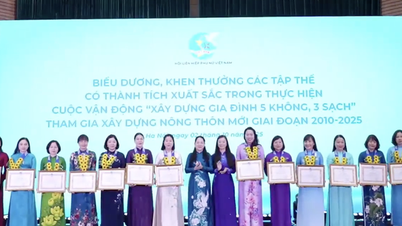

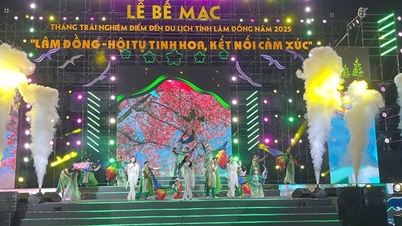
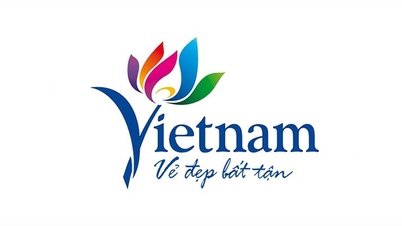
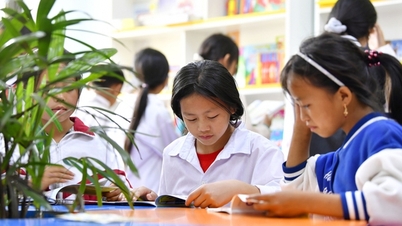
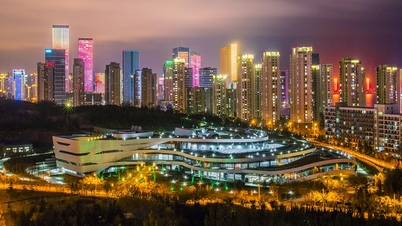


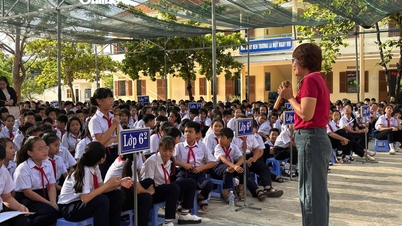

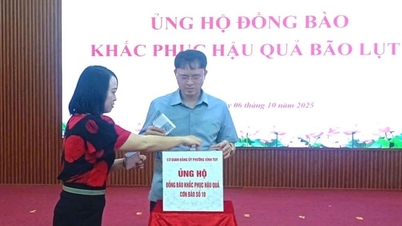

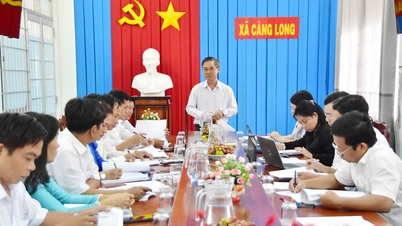

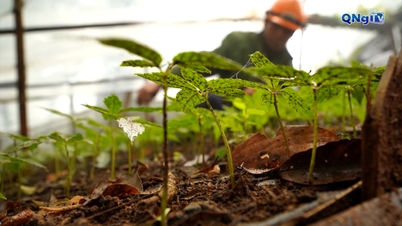
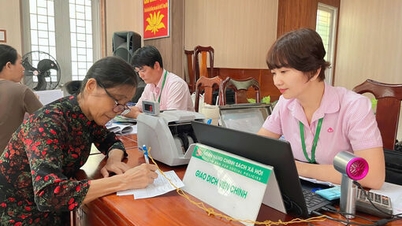
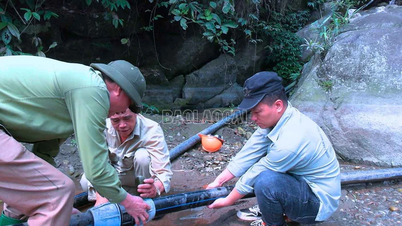













Comment (0)